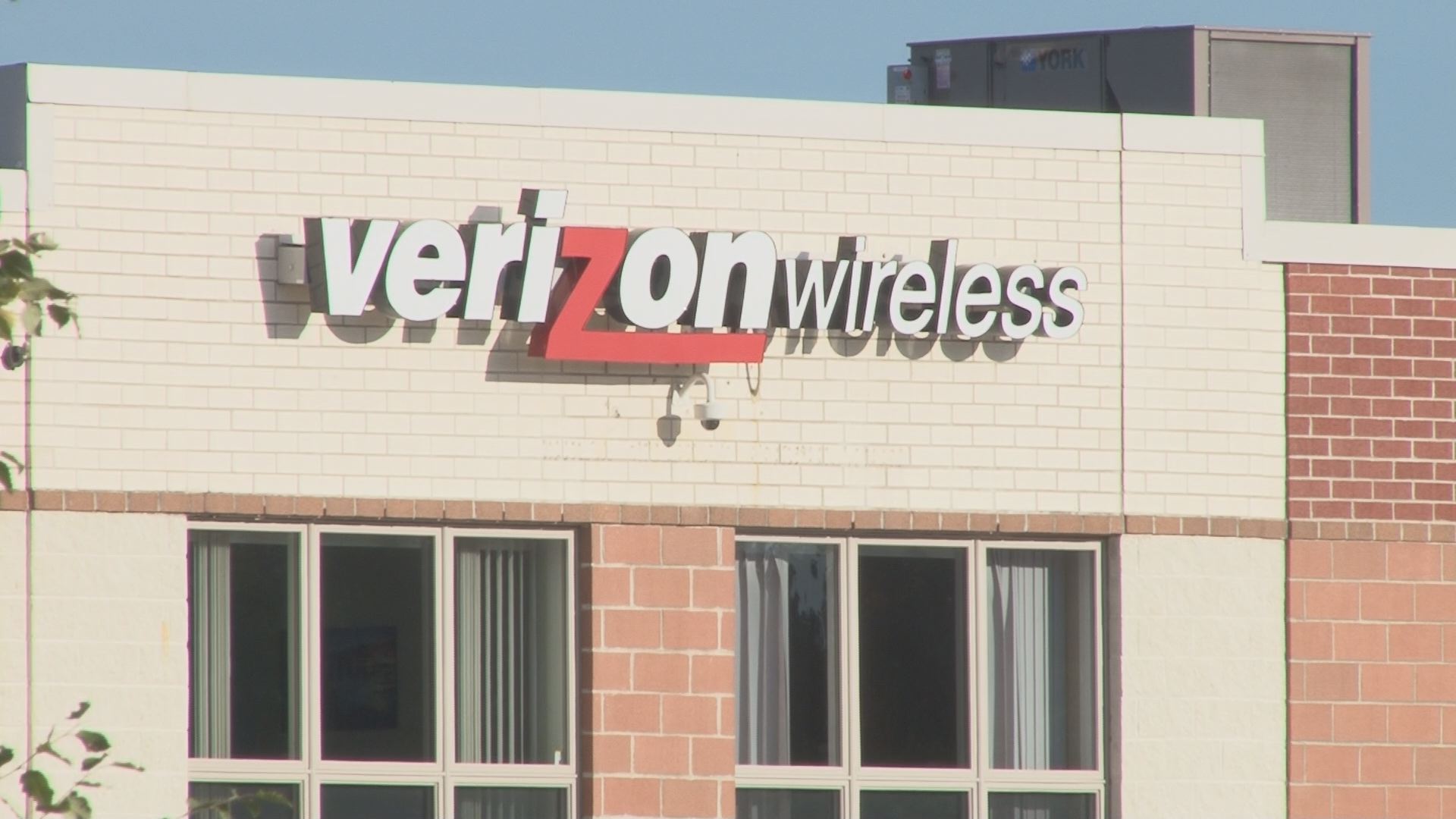

Relative to AT&T and T-Mobile, Verizon's services are too expensive without providing meaningful value to consumers. I believe the current negative trend for Verizon stems from a fundamental problem. These results come after positive customer additions in 2022, unlike Verizon.Īs such, the recent earnings report trend shows that Verizon is losing customers at an alarming rate to AT&T and T-Mobile, and this trend, for the time being, is not showing signs of stopping. T-Mobile, on the other hand, in 2023Q1, reported a postpaid phone net customer additions of 583 thousand, and AT&T reported positive growth as well by having 424 thousand postpaid phone net additions in 2023Q1. Even when considering that prepaid customers tend to have a higher churn than postpaid customers, the numbers are showing a clear trend: Verizon's customers are leaving. As the picture shows, the company lost 351 thousand customers in 2023Q1 after losing a total of 445 thousand customers. The negative trend for the company is not showing signs of a turnaround.įurther, prepaid customer numbers are not any better for Verizon. As the chart picture shows, in the most recent quarter, 2023Q1, the company lost 263 thousand customers, which was a continual trend throughout 2022 where the company lost a total of 655 thousand customers. Customers LeavingĮxcluding the fourth quarter in 2022, Verizon lost consumer wireless retail and postpaid customers. With declining customers and a high debt load, all of the potential solutions could be detrimental to Verizon. Verizon has to do more to solve the current problem of customers fleeing, which includes cutting the prices of its services, investing more in 5G infrastructure, or adding additional perks within its plans. This puts the company in a precarious position.

The company has not only been losing its customers for the past few quarters, but Verizon is also significantly more leveraged than its competitors: T-Mobile ( TMUS ) and AT&T ( T ). However, more and more, Verizon ( NYSE: VZ ), in my opinion, is becoming less favorable. Thus, high debt loads and slow growth has been tolerated by the investors in this industry. Even in economic troubles, nearly every consumer and business need a wireless connection. These companies enjoy an oligopoly with arguably less elastic demand. Telecommunication companies are often viewed as stable or safe investments.


 0 kommentar(er)
0 kommentar(er)
